|
At the NATO foreign ministers summit in Bucharest this week, Member states talked tough about endless support for Ukraine "whatever it takes." They also reiterated a 2008 pledge to eventually welcome Ukraine as a Member. Are they serious? Also today: Biden's neocons are reportedly considering sending Patriot missiles to Ukraine despite Russian warnings that it would be a major escalation. How far will they go?
Five major mainstream media outlets, including the New York Times, have issued a letter calling the US Administration to drop the charges against Wikileaks founder Julian Assange. Assange has been a political prisoner in the UK since 2019. Also today: Twitter announced an end to its Covid "misinformation" policy...and the White House freaks out. Also: More demands from global welfare queens in Ukraine.
No longer fearing the wrath of a Republican-controlled Senate, Tony "The Science" Fauci is settling into his post-retirement gig: making the rounds on mainstream news outlets hectoring Americans about taking more boosters. He's even threatening that schools might "need" to be shut down again. Also today: Republicans in the House call for MORE long-range missiles to Ukraine. Finally, Liz Cheney accused of politicizing the January 6th Committee.
By Ron Paul
Senator Ed Markey (D-MA) recently got in touch with his inner mobster and threatened Elon Musk — the new owner of Twitter and the CEO of electric car company Tesla and space ventures company SpaceX. He told Musk, “Fix your companies” or “Congress will.” As part of this threat, Markey referred to an ongoing National Highway Traffic Safety Administration (NHTSA) investigation into Tesla’s autopilot driving system and Twitter’s 2011 consent decree with the Federal Trade Commission (FTC). Markey has done more than make threats: He is one of a group of Democratic senators who wrote to the FTC urging an investigation into whether Musk’s actions as the new owner of Twitter violated the consent decree or consumer protection laws. Since FTC Chair Lina Khan wants to investigate as many businesses as possible, it is likely she will respond favorably to the senators’ letter. President Biden has also endorsed an investigation into the role foreign investors played in financing Musk’s Twitter purchase. Biden may be concerned that Musk is not likely to ban tweets regarding Hunter Biden’s business deals. Concerns that Musk would allow tweets containing information embarrassing (or worse) to the Biden administration point to the real reason many Democratic politicians and progressive writers and activists are attacking Musk. They support efforts to suppress conservative, libertarian, and other “non-woke” speech on social media. They view the prospect of a major platform refusing to silence those who dissent from the woke mob or the Democratic Party establishment as a threat to their power. Musk further angered the left by committing what, to many Democrats (and Liz Cheney), is the ultimate hate crime — allowing Donald Trump back on Twitter. The threat against Musk shows the threat to liberty is not just from big tech; it is from the alliance between big tech and big government. Some conservatives think that increasing government’s power over social media is the correct way to make big tech respect free speech. However, increasing the US government’s power over social media can just end up putting more power behind government threats like those from Rep. Markey. Expanded government control over how social media companies conduct their business can also further incentivize the companies to work with the federal government to shut down free speech. Once the government steps in with increased regulation, the risk is that greater government control over what is communicated on social media will follow. The question will just be who is calling the shots on the exercise of that control. Will the result be an increase of the liberal or “woke” pressure on social media companies to silence conservatives, libertarians, opponents of teaching critical race theory and transgenderism in schools, and those who question the safety and effectiveness of covid vaccines? Alternatively, will a new sort of pressure become dominant, maybe pressure to comply with conservative or Republican preferred limits on speech? Either way, liberty loses. Big tech companies silence their users to curry favor with politicians and bureaucrats, often after “encouragement” from politicians and bureaucrats. Therefore, to end big tech’s censorship, Americans should demand that all government officials — including the president — not violate the First Amendment. We must work to put an end to government officials pressuring or even “encouraging” social media platforms either to silence any American citizen because of his opinions or to downplay or suppress any news story. The way to protect free speech online is to separate tech and state.
By David Rehak
I'm certainly not opposed to the Constitution. The Constitution of the United States and the Bill of Rights is an almost perfect document, better than any other, and whoever wishes to see all these good and noble things about it can easily access and read it online. But there are a few specific things which it would be well to add, delete, or change to improve it substantially, and quite possibly, make it the very best it can possibly be. If I were one of the Founders and Framers long ago (or even a contemporary elected representative today able to help amend the Constitution), I would strongly argue for:
I would wish to do none of this alone but only with the support and help of my colleagues, elected officials, with the approval of the people, to the highest benefit of the people and responsive local governance.
Although believing in the separation of church and state, I would also unapologetically uphold the standards of Christian virtue and morality in my personal life, and defend the religious liberty of others. Up until the middle of the 20th century before God and the Ten Commandments were kicked out of the public schools, Scripture class was literally one of the subjects in the school curriculum. I would not make this mandatory but I would allow it as one of the optional subjects for those who wish to take it in middle school or high school. From 4th Grade onwards I would also introduce a morality / ethics course for kids to learn good moral principles and healthy positive social skills (including a strong work ethic and self-reliance) in a non-political, non-religious way without any left-wing or right-wing ideological slant. This would contribute to the betterment of society and individual growth which are especially sorely needed in our morally bankrupt times. What are the greatest threats to liberty today? Attacks on freedom of speech and expression. Watch Ron Paul's speech at the Ron Paul Institute Conference - 'Shut Up! Cancel Culture and the War on Speech' - earlier this month.
This speech was given in Oct. 2022, celebrating the 40th Anniversary of The Mises Institute. Be sure visit https://www.Mises.org
Dr. Paul again takes questions from our viewing audience, including one on how the country might be different had the US never gone off the gold standard. Some good lessons and interesting commentary.
By Jeff Deist Does America simply lack the political will to face economic reality? In the teeth of the Depression, Treasury secretary Andrew Mellon famously told President Herbert Hoover to “liquidate labor, liquidate stocks, liquidate farmers, liquidate real estate”—in other words, to resist bailing out any industry through state intervention. This was a tough sell even in those days, and of course Hoover succumbed to politics and took the opposite approach, greatly and needlessly damaging the US economy for decades to come. Less often quoted are Mellon’s follow-up words to Hoover: Liquidation would “purge the rottenness out of the system,” so “people will work harder” and “live a more moral life.” Mellon, having lived most of his life in an America without a central bank, understood economic recessions as necessary cures rather than ills to be avoided. But he also understood the human price that would be paid in the aftermath of a period of phony economic prosperity. Only hard work and personal sacrifice, person by person and town by town, could get America out of its economic mess. Fiscal and monetary policy would provide no free lunch, as millions of Americans learned the hard way in the 1930s. Fast-forward to 2022, and it’s hard to imagine Janet Yellen calling for liquidation or telling Americans to improve their moral fiber. Nobody votes for austerity or personal responsibility, and any politician or bureaucrat or central banker who even suggests it is doomed today. Yet this mythology of austerity persists, that a stingy federal Treasury and reticent central bank don’t intervene enough in economic crises. Consider this howler from Paul Krugman back in 2011, apparently delivered with a straight face: “One thing is clear: Mellon-style liquidationism is now the official doctrine of the G.O.P.” Keep in mind he wrote this several years into the most “extraordinary” monetary intervention in the history of the world—one which ultimately saw the US Fed purchase several trillions’ worth of Treasury debt from the “market”! Yet for Krugman, it is never enough. As the bruising midterm elections recently demonstrated, America is a deeply unserious country. A serious political discussion at the federal level would center on existential structural problems of war and peace, debt and the dollar, and entitlements. But these issues can be addressed only by real austerity and real pain. So instead, we distract and divert ourselves worrying about whether Donald Trump should be allowed on Twitter. We argue over flu viruses, guns, transgenderism, climate, and abortion (none of which the federal government has the slightest jurisdiction over) rather than the material standard of living we will leave our grandchildren. This is possible only because millions of Americans, maybe a majority, are simply economics deniers. They either don’t believe economic laws exist or think economics can be overcome by legislation, regulation, or central bank actions. And there are plenty of deniers among the ranks of professional economists! The profession does itself no favors when it cheerleads for politics, providing an intellectual veneer for interventionism. Human nature makes us want to believe untrue things, but economics should help disabuse Americans of political fantasies. Let’s face it: the US is not a free-market economy because we don’t much believe in markets, despite our lip service. Most Americans, and virtually all political, media, academic, corporate, and banking elites, believe economic intervention (fiscal and monetary stimulus) form the basis of our economy—not production and saving. So, what would a serious America do to correct our disastrous economic path? This may seem like an academic or rhetorical question, but it’s worth laying out the actual steps necessary to build a real economy rather than a fake one dependent on monetary or fiscal interventionism. As Dr. Mark Thornton recently explained, these steps may be conceptually simple even as they are wildly beyond political imagination today:
This, ladies and gentlemen, is what a real program of austerity looks like. That these actions are politically unfeasible—complete nonstarters—shows how politics dominates economics in America. The profession charged with explaining how no free lunch is possible instead mostly operates as a handmaiden to the state and its bosses. But politics won’t fix this, and we won’t vote our way out of trouble. The best path forward is at the state and local levels, attempting to build regional economies with less fragility in the face of the warring, borrowing, spending, and devaluing mania of Uncle Sam. This article was originally published at The Mises Institute.
Incoming Speaker of the House Kevin McCarthy (R-CA) has vowed to put "confronting China" at the top of his agenda as speaker. Washington Neocons cannot survive without an enemy. Also today, Daniel Larison lays out what a President DeSantis foreign policy may look like...and it ain't pretty. Are neocons firmly back in the driver's seat?
|
Archives
July 2024
|


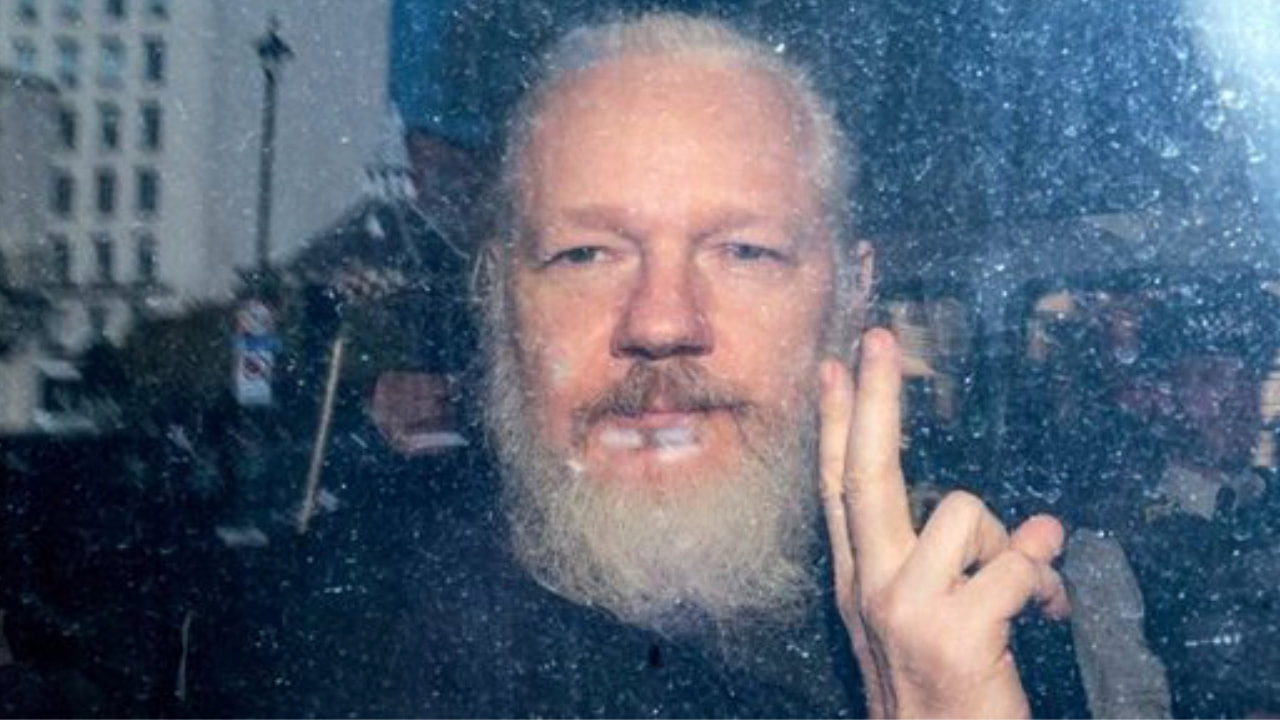
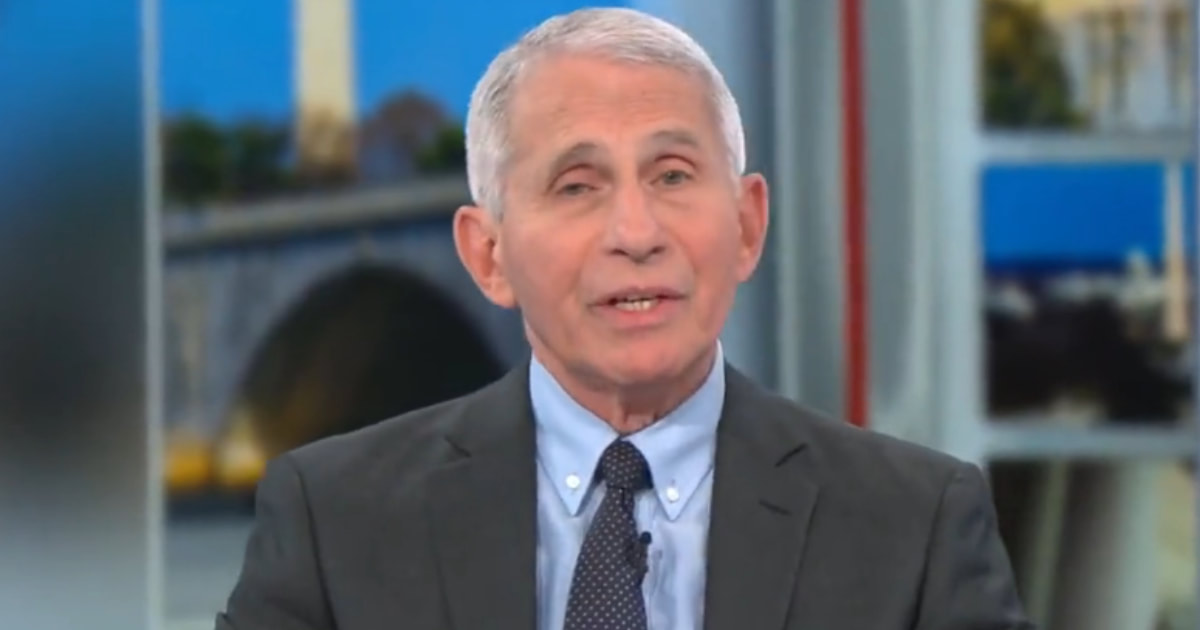
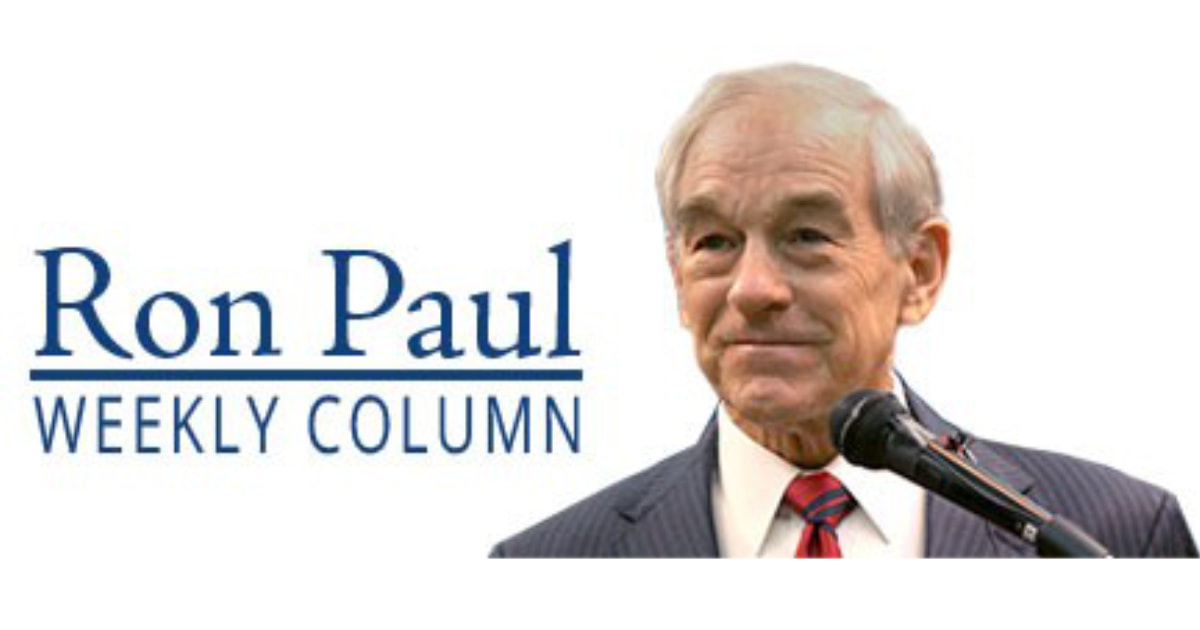
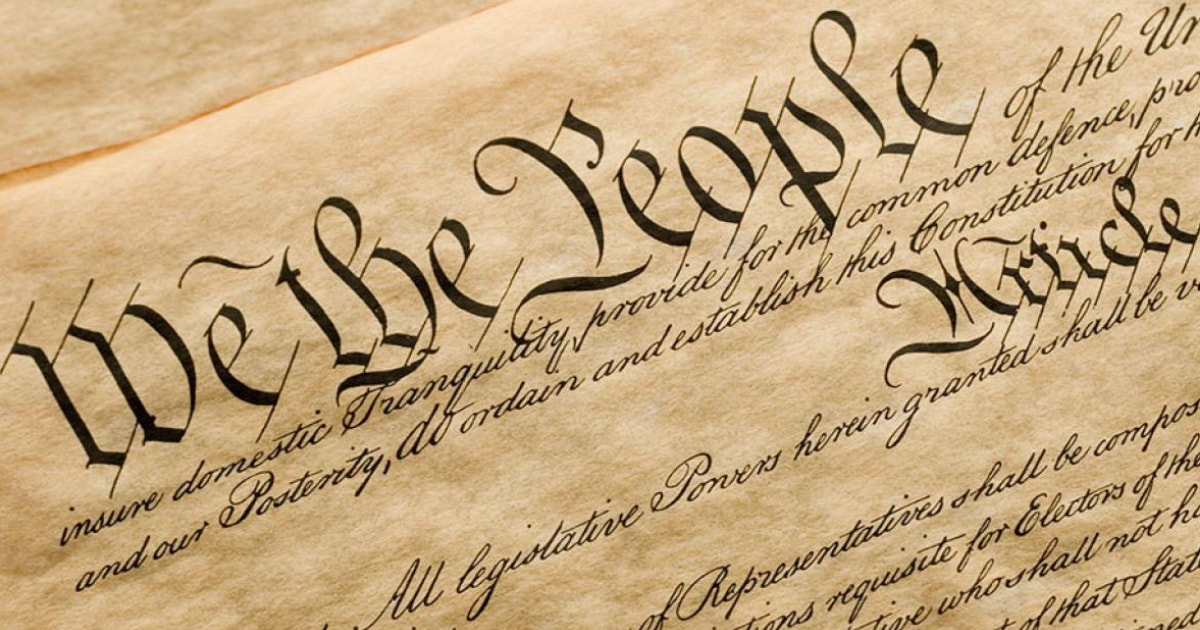
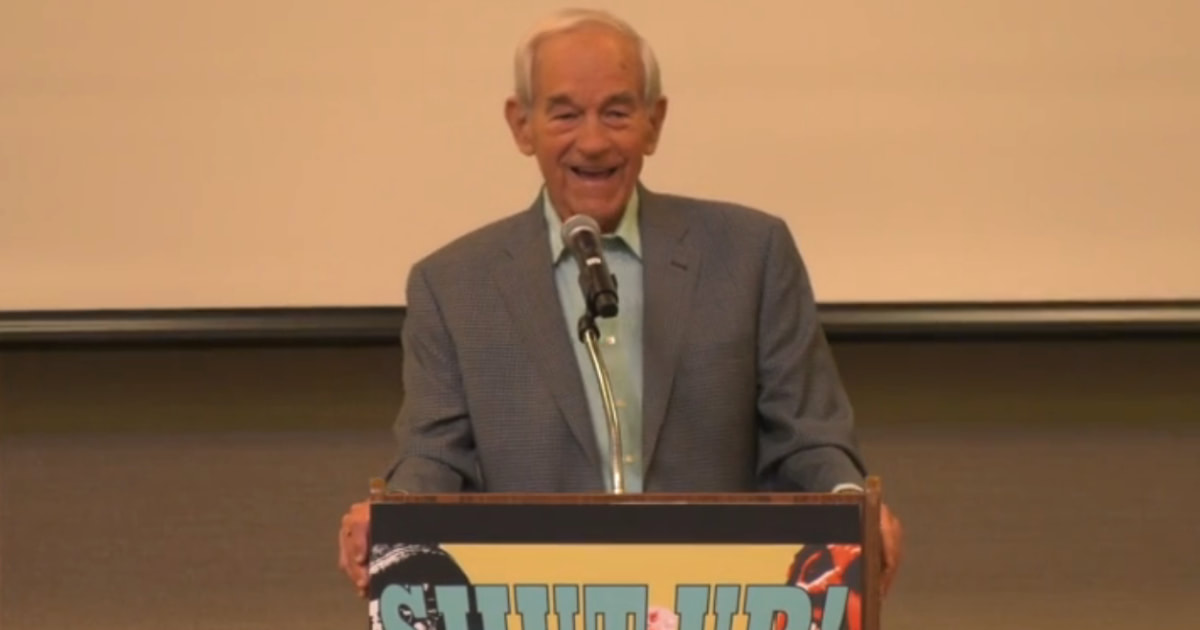

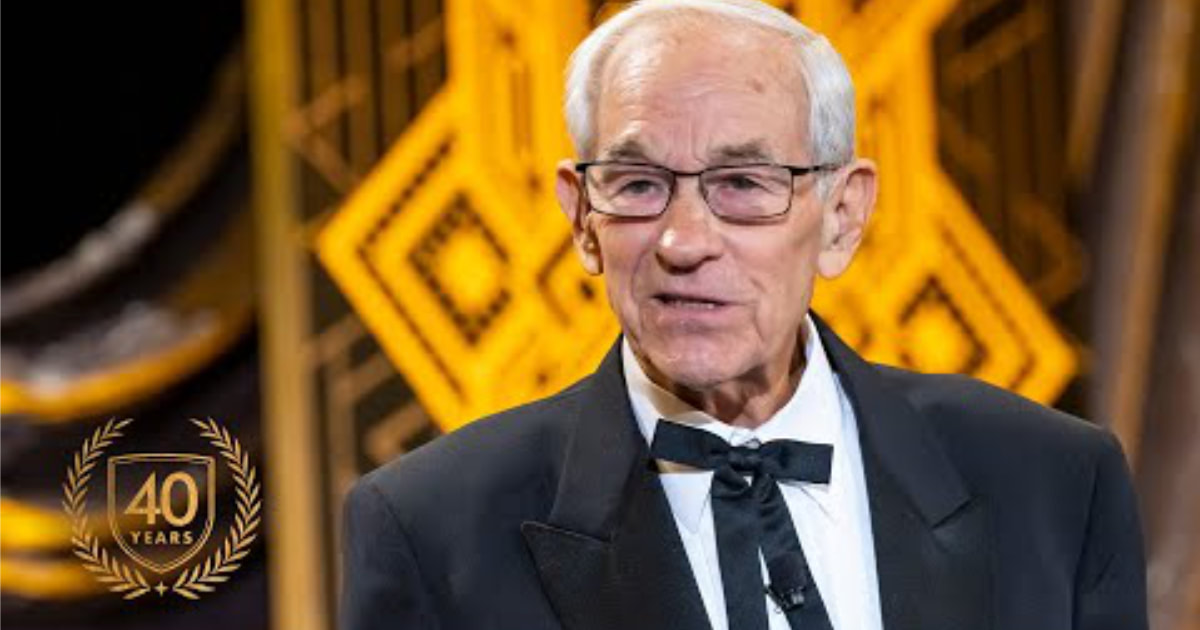

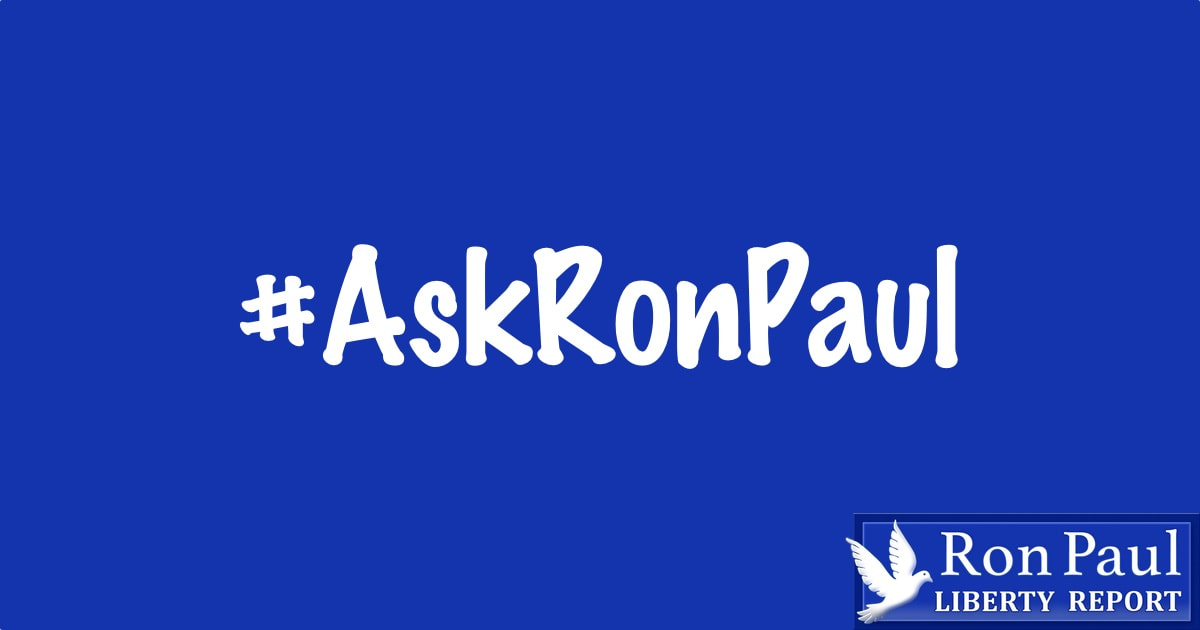
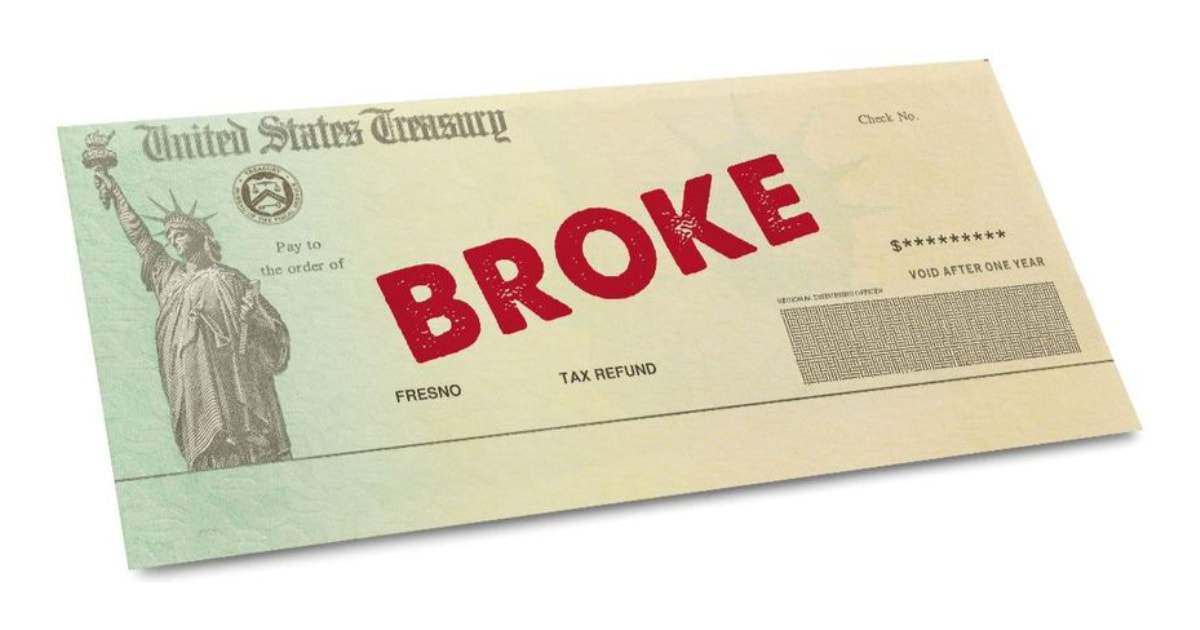
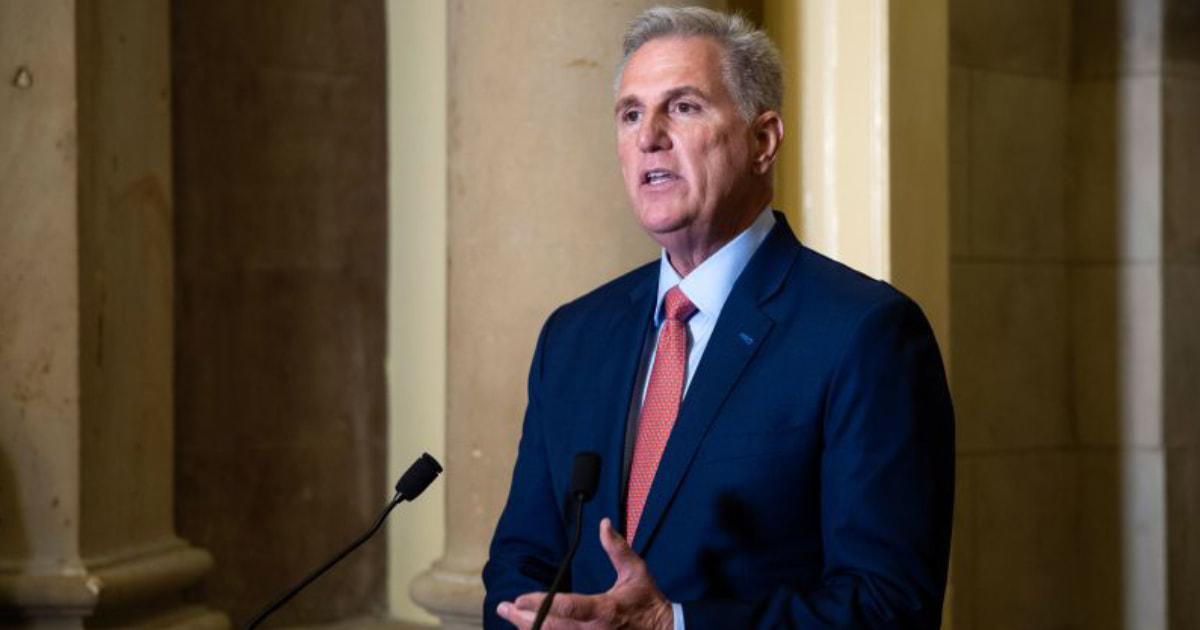
 RSS Feed
RSS Feed



